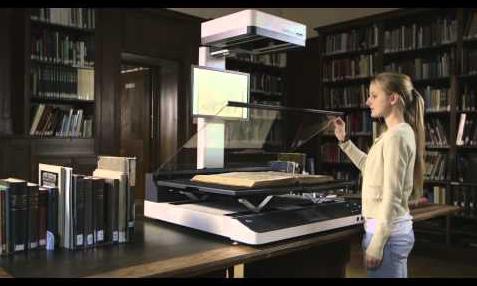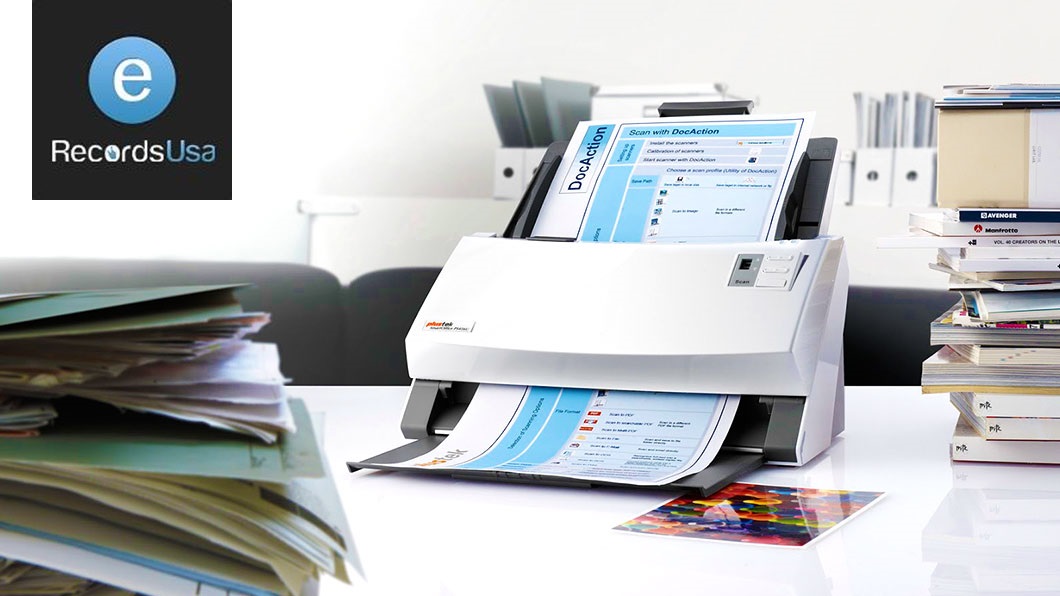While modern machines have improved on the original printing press design immensely, the concept has remained largely the same for centuries, but today that has changed. Digital technology has made it possible to copy, store and share information even from rare, antique and fragile books. Should you digitize large books / digitize rare books, though? The answer is a resounding yes. Why, though?
Protect the Information and the Book
One of the most important reasons to digitize large, rare books is to protect both the information found within that book, as well as the book itself. If a rare book is damaged and the pages are made illegible, the information is lost forever. Digitizing the content transforms it into a format that won’t succumb to the ravages of time and handling. It can be saved forever. Additionally, digitizing fragile, aging books protects the book itself, which is important in situations where the book has value beyond the information contained within its pages. Once digitized, the book can be stored through an archival method, and kept out of the hands of readers (the oils in human skin can cause immense damage to fragile books).
Making Information More Accessible
Rare books are, well, rare. That means the information within them is not accessible to many people. Museums and universities have strict rules regarding who gets to access these books, when they can be accessed, and where they can be read. However, what if the information in those books is important or holds value to a larger number of people? By choosing to digitize large rare books / digitize large old books, you make that information available to anyone at all.
Digitized books can be stored anywhere, from a school’s computer network to the cloud. Students and other readers can access the information at any time, simply by turning on their device, whether that’s a laptop, a PC or even a smartphone. In addition, the information can be shared easily. For example, a book collector could email a copy of the book file to someone else, or share a download link from a cloud storage platform. It’s about providing access to the information in these rare books, while simultaneously protecting the book itself.
Of course, the catch here is that not all book scanning services can offer digitization of rare books. You need to find a service provider with the right equipment to handle large format books, but the skills and experience to care for rare volumes correctly, while using non-destructive book scanning services to digitize information.
At eRecordsUSA, we specialize in Book Digitization Services / digitizing large old books / digitize large rare books, and our staff has years of experience handling book scanning safely. Call +1.855.722.6669 or eMail us at [email protected]














